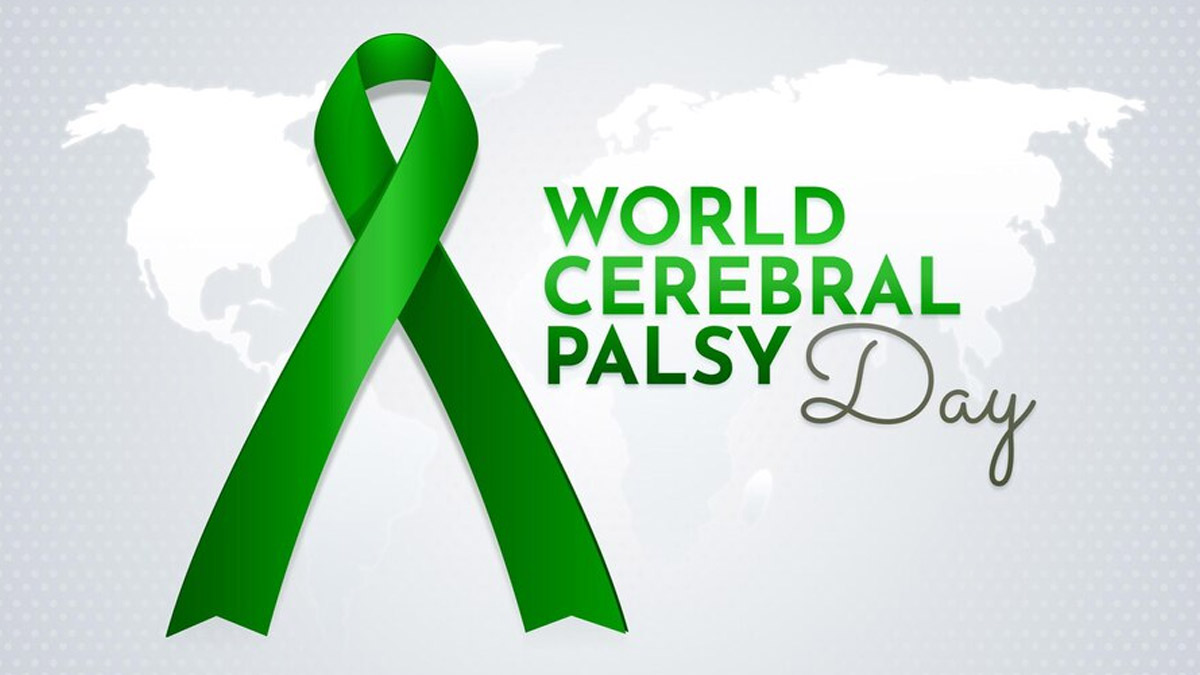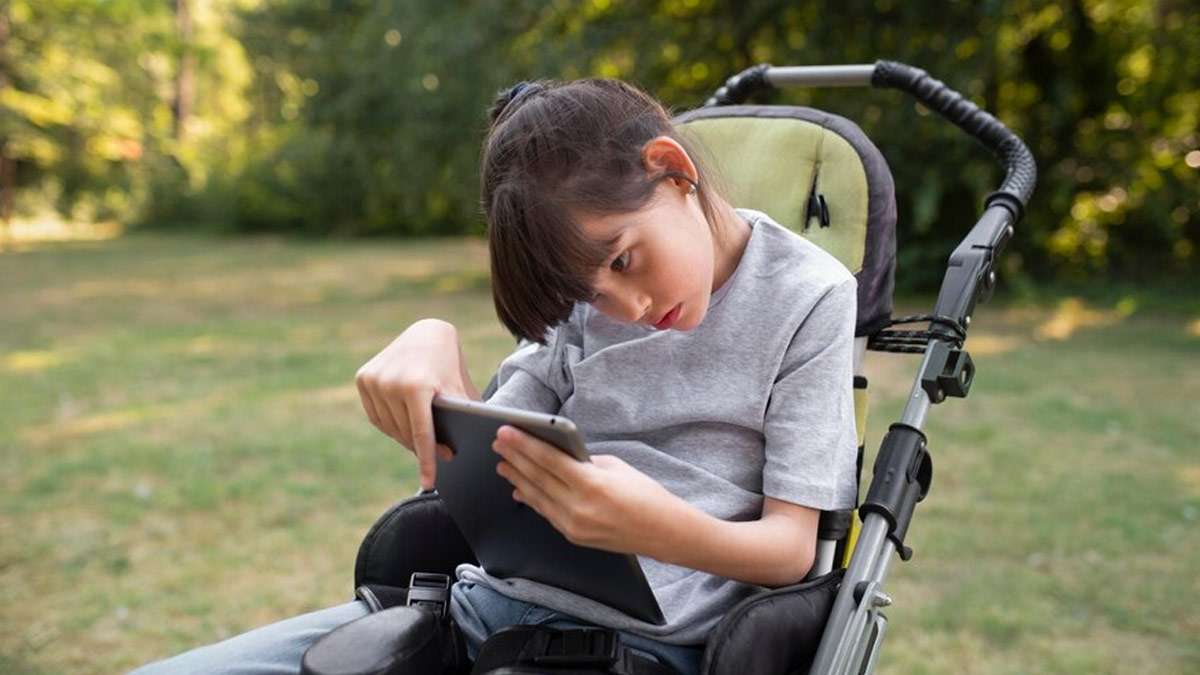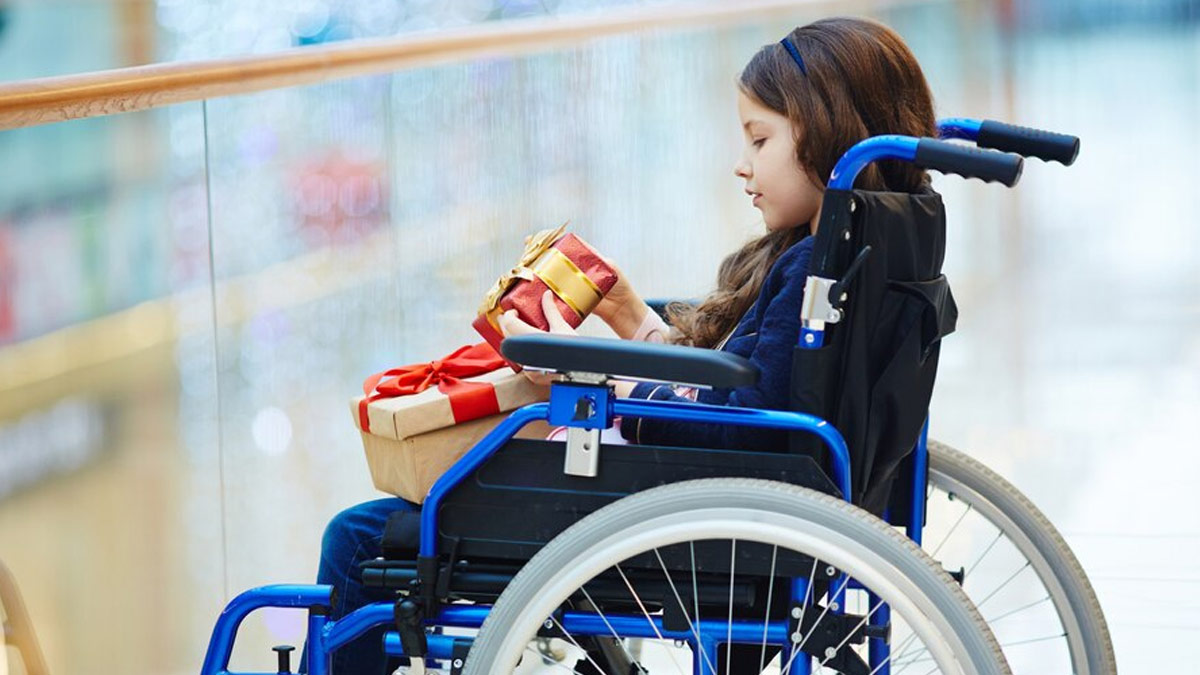
Did you know there are more than 17 million people across the world living with cerebral palsy (CP)? It is a physical disability that impacts both movement and posture. Individuals with CP often have additional related needs in areas, such as vision, hearing, communication, and mobility. This complex condition manifests differently in children and adults. It can be more or less severe, but many people with CP can still lead normal, healthy lives. On this World Cerebral Palsy Day, which falls on the 6th of October, every year we spoke to our expert Dr N Varsha Monica Reddy, Consultant Paediatric Neurologist, Yashoda Hospitals, Hyderabad, who debunked myths and stated facts about CP.
Table of Content:-

As stated on the official website of World Cerebral Palsy Day, CP is a complex disability in:
- For every four children with CP, one cannot talk
- One in four cannot walk independently
- One in two experience intellectual disabilities
- One in four has epilepsy
According to the Centers for Disease Control and Prevention (CDC), CP stands as the most common motor disability in childhood, necessitating support for children with CP and their families.
Busting Myths About Cerebral Palsy

Myth 1: If you have a physical disability like CP, you must have a mental disability
Fact: Dr Reddy said, “The symptoms typically vary from person to person. The damages occur in different spots in the brain, which is why some people diagnosed with CP experience both physical and cognitive disabilities, while others have none or a few minor cognitive issues.”
As per the CDC, a minority of cases of CP are attributed to brain damage occurring beyond 28 days after birth, a condition referred to as acquired CP.
Also Read: World Cerebral Palsy Day 2023: Doctor Shares Ways To Reduce The Risk Of Cerebral Palsy In Newborns
Myth 2: CP is a hereditary disorder
Fact: A parent who has CP won’t necessarily have a child with the condition. Dr Reddy added, “Moreover, a parent who has had one child diagnosed with CP won’t necessarily have another child with the condition.”
Myth 3: CP will get worse as time goes on
Fact: The damage to the brain happens at a single event, it is not a progressive brain disorder. However, Dr Reddy noted, “A child may develop new symptoms like seizures and may sometimes improve gradually with rehabilitation.”

Myth 4: CP can be cured
Fact: This is one myth that would be nice if it were true, however, it isn’t, at least not yet. Dr Reddy said, “There is currently no cure for cerebral palsy. There are so many medical advances today that most children with cerebral palsy continue to thrive and lead happy lives through physical therapy, occupational therapy counseling, medications, and more.”
Also Read: World Cerebral Palsy Day 2023: Date, History, Significance, Theme and Important Details
Myth 5: A person with CP can never be self-dependent
Fact: Dr Reddy added, “With good rehab and medical measures at an early age nearly 80% of them can become self-dependent. Sometimes they need the support of a walking aid. Also, 60% of children with cerebral palsy can have a fully ambulatory life.”
[Disclaimer: This article contains information provided by a registered healthcare professional and is for informational purposes only. Hence, we advise you to consult your expert to manage this condition effectively.]
Also watch this video
Read Next
World Meningitis Day 2023: Expert Lists Signs In Children, Its Diagnosis, And Preventive Tips
How we keep this article up to date:
We work with experts and keep a close eye on the latest in health and wellness. Whenever there is a new research or helpful information, we update our articles with accurate and useful advice.
Current Version